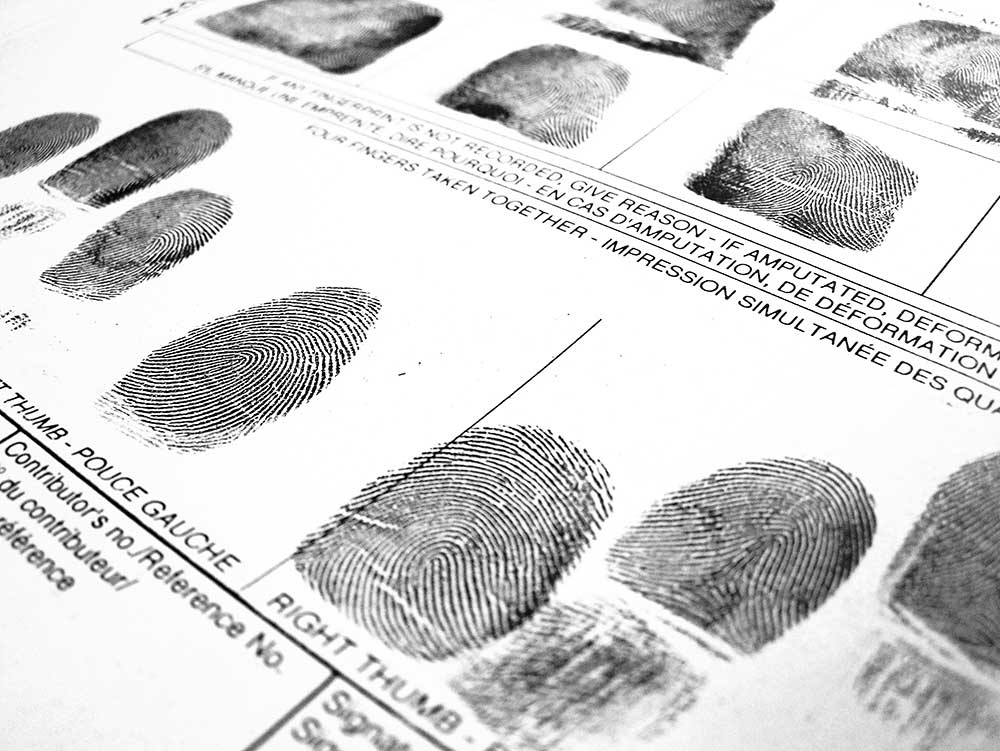Criminal Justice
At A Glance
Two-year program that gives students an overview of the criminal justice system.
Graduates can potentially become corrections officers, emergency dispatchers, police officers.
Graduates will continue to see job opportunities as the various fields are expected to grow, with police officers increasing 7% from 2020 to 2030.
Pay for graduates will vary depending on chosen field, with police officers earning between $40,420 and $105,540, depending on experience and law enforcement specialty.
Available in Scranton, Hazleton, Lake Region-Hawley, Sunbury, Towanda, Tunkhannock and online.

Welcome to Criminal Justice-Associate Degree
Want to be part of a system that helps keep the public safer? Then consider studying Criminal Justice at Lackawanna College. The degree program provides students with a solid foundation in the criminal justice system and prepares graduates to work in a variety of areas or continue their education to become police officers or obtain their bachelor’s at Lackawanna.
Your Career Starts Here
The criminal justice field will see growth in the different career paths over the next 10 years. That means graduates can expect to see plenty of job opportunities. With an associate degree, graduates can work in a variety of entry-level positions such as:
- Law enforcement officers
- Probation or correctional officers
- Court officials
- Bailiffs
- Legal assistants
- Emergency dispatchers
- Security guards
- Social workers

More About the Program
After earning an Associate of Science in Criminal Justice from Lackawanna, graduates will be able to:
- Understand the three major components, the history and the role of the criminal justice process – the police, the courts and the various forms of corrections and rehabilitation.
- Enumerate alternatives to incarceration, including probation and parole, drug and alcohol treatment programs, and mental healthcare.
- Support the clients within the correctional systems and their rights regarding treatment, correctional classification, pre-release programs and community-based correctional programs.
- Understand the role of the juvenile as a subcomponent of the larger criminal justice system.
- Realize the partnership of the police and community as a strategy to deter or minimize crimes including family violence, sexual assault, drug and alcohol-related crimes; problems in citizen relations, including treatment of victims, witnesses, and jurors; citizen involvement in the legal process as well as homicides.

The Course Work
Students can expect to participate in courses that cover a range of criminal justice subjects, including:
- Introduction to criminal investigations
- Criminology
- Criminal law
- Quantitative methods in criminal justice
- Criminal justice ethics
- Critical analysis of the US criminal justice system
- Correctional systems
These are only some of the subject areas that students will study. This information provides students with the knowledge foundations necessary to seek a variety of entry-level positions in the larger criminal justice system. Graduates also have the option to take their education further to earn a Bachelor of Science in Criminal Justice or to go on to train at the Lackawanna College Police Academy to become a police officer.
